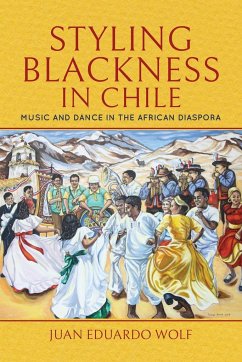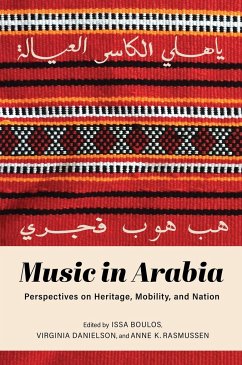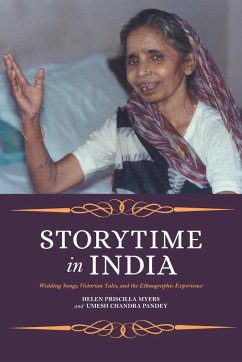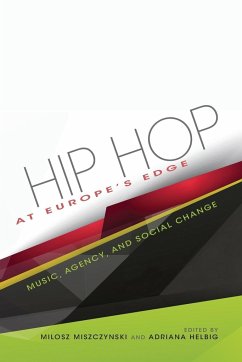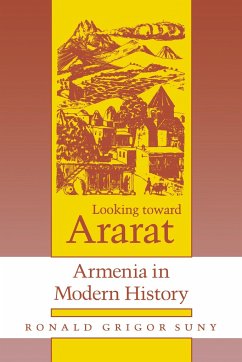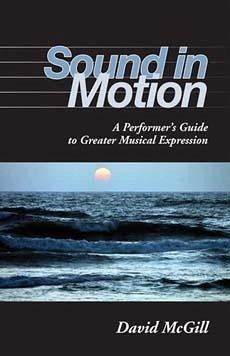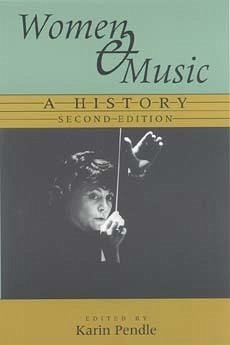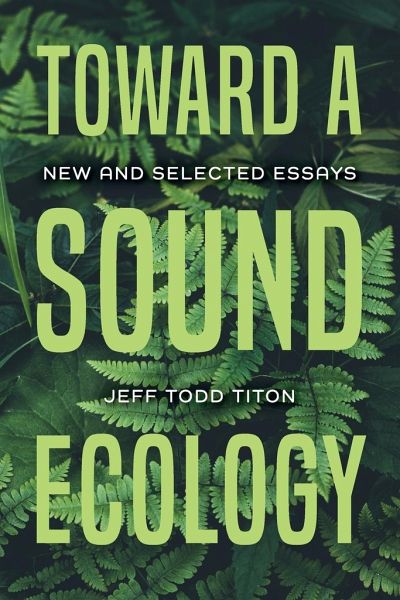
Toward a Sound Ecology
New and Selected Essays

PAYBACK Punkte
23 °P sammeln!
How does sound ecology--an acoustic connective tissue among communities--also become a basis for a healthy economy and a just community? Jeff Todd Titon's lived experiences shed light on the power of song, the ecology of musical cultures, and even cultural sustainability and resilience. In Toward a Sound Ecology, Titon's collected essays address his growing concerns with people making music, holistic ecological approaches to music, and sacred transformations of sound. Titon also demonstrates how to conduct socially responsible fieldwork and compose engaging and accessible ethnography that spea...
How does sound ecology--an acoustic connective tissue among communities--also become a basis for a healthy economy and a just community? Jeff Todd Titon's lived experiences shed light on the power of song, the ecology of musical cultures, and even cultural sustainability and resilience. In Toward a Sound Ecology, Titon's collected essays address his growing concerns with people making music, holistic ecological approaches to music, and sacred transformations of sound. Titon also demonstrates how to conduct socially responsible fieldwork and compose engaging and accessible ethnography that speaks to a diverse readership. Toward a Sound Ecology is an anthology of Titon's key writings, which are situated chronologically within three particular areas of interest: fieldwork, cultural and musical sustainability, and sound ecology. According to Titon--a foundational figure in folklore and ethnomusicology--a re-orientation away from a world of texts and objects and toward a world of sound connections will reveal the basis of a universal kinship.




